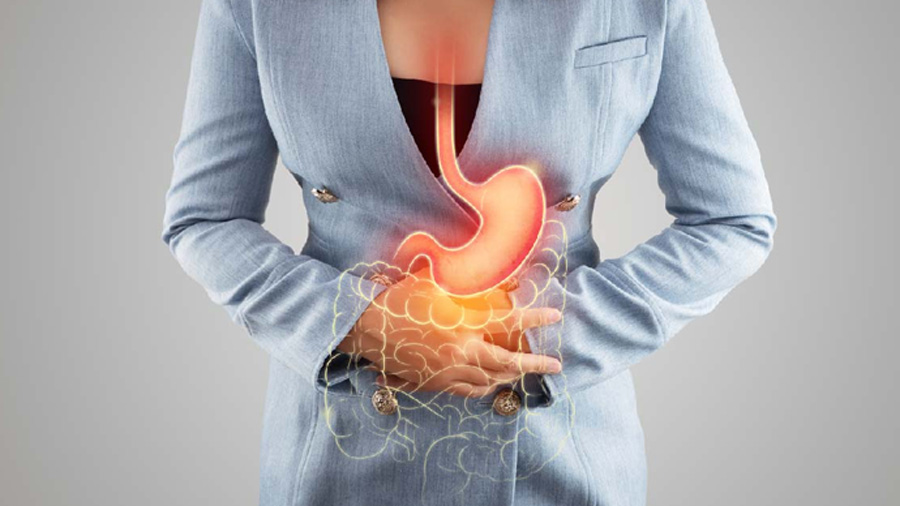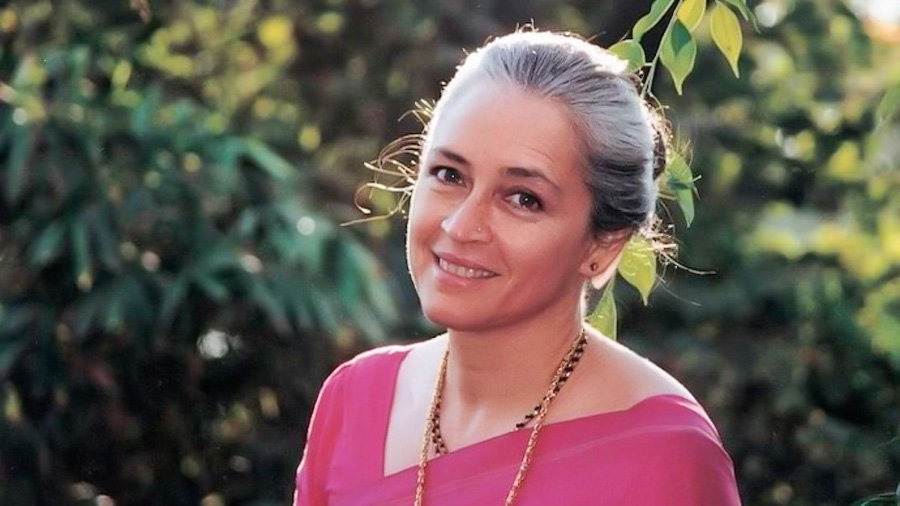-1759813933509.webp)
Veteran actor Nafisa Ali, known for her memorable role in ‘Life in a Metro’ and many movies, has restarted chemotherapy as she bravely faces stage 4 peritoneal cancer. She has been open about her journey, sharing powerful images of her bald look following treatment and spreading a message of “positive power.” Diagnosed originally in 2018 and cancer-free a year later, she recently announced the return of her illness, sparking encouragement and empathy from across the film community and fans.
Table of Content:-
Nafisa Ali Debuts Bald Look Amid Cancer Treatment
View this post on Instagram
Recently, the 68-years-old actress took to Instagram to share powerful photos of herself flaunting her new bald look, a result of ongoing chemotherapy. Dressed in a yellow top and smiling brightly, she captioned her image “Positive Power,” turning a challenging side effect into a moving statement of courage.
In earlier posts, she highlighted her journey by showing her grandchildren helping her cut her hair as it started to fall out, making a special moment out of a tough reality. The response from fans and celebrities was heartwarming, with messages praising her strength and sending prayers for a swift recovery.
ALSO READ: At 58, Akshay Kumar Eats Everything From Sweets to Chole-Puri And Stays Fit by Following One Habit
What Is Chemotherapy and When Is It Used?
Dr Pritam Kataria, Medical Oncologist at Sir HN Reliance Foundation Hospital, Mumbai, explained about it in a previous article, saying, “Chemotherapy is part of systemic therapy. It kills fast-growing cells but can also affect healthy cells, leading to side effects.” Chemotherapy refers to the use of powerful drugs to target and kill cancer cells. It can be given before surgery (neoadjuvant) to shrink tumours, or after (adjuvant) to control residual disease, or even as palliative therapy to ease symptoms.
How chemotherapy is given / what to expect
- It may be intravenous (infused into a vein) or oral (pills), depending on the regimen.
- Before treatment, patients typically undergo lab tests, imaging, and evaluation of heart, kidney, and liver function.
- After each session, monitoring is needed for blood counts, side effects, and infections.
- Common side effects include fatigue, nausea, hair loss, lowered immunity, mouth sores, and general malaise.
Understanding Peritoneal Cancer![Peritoneal Cancer 2 - 2025-10-07T103356.931]()
Peritoneal cancer affects the peritoneum, the thin lining that wraps around abdominal organs, according to Dr Pramod Kumar Julka, Senior Director at Max Institute of Cancer Care, Delhi, in one of our previous articles.
It may be primary (arising in the peritoneum) or secondary (spreading from another organ, such as the ovary, colon). Symptoms often are vague and appear late: abdominal pain or discomfort, bloating, changes in bowel habits, weight loss, and feeling full after small meals. The staging of peritoneal cancer (especially primary) often mirrors that of ovarian cancer. In stage 4, the disease has spread beyond the abdominal cavity, sometimes to organs like the liver, lungs, or lymph nodes. Treatment often involves combining surgery (when feasible) with chemotherapy and possibly targeted therapies. But in many advanced cases, surgery is not viable, so chemotherapy becomes the mainstay.
What Does Science Say About Peritoneal Cancer?![nafisa ali cancer 1 - 2025-10-07T103358.445]()
A study published in BMC Cancer explains that advanced peritoneal cancer often limits surgical options, making chemotherapy the main treatment. Survival rates vary, with early detection helping improve outcomes. For widespread stage 4 cases, the five-year survival rate is about 10%, but chemotherapy can slow progression and ease symptoms.
ALSO READ: Why Anushka Sharma Avoids Gluten and Dairy Products? Expert Explains the Health Benefits
Conclusion
Nafisa Ali’s fight against stage 4 peritoneal cancer stands as a testament to strength in adversity. Her story brings critical attention to early diagnosis, the realities of chemotherapy, and the deep emotional journey of cancer warriors. For readers, this underlines a few key lessons: the importance of early detection, the challenges of treating rare abdominal cancers, and the role of supportive care alongside aggressive treatment.
Also watch this video
How we keep this article up to date:
We work with experts and keep a close eye on the latest in health and wellness. Whenever there is a new research or helpful information, we update our articles with accurate and useful advice.
Current Version
Oct 07, 2025 10:46 IST
Published By : Vivek Kumar


